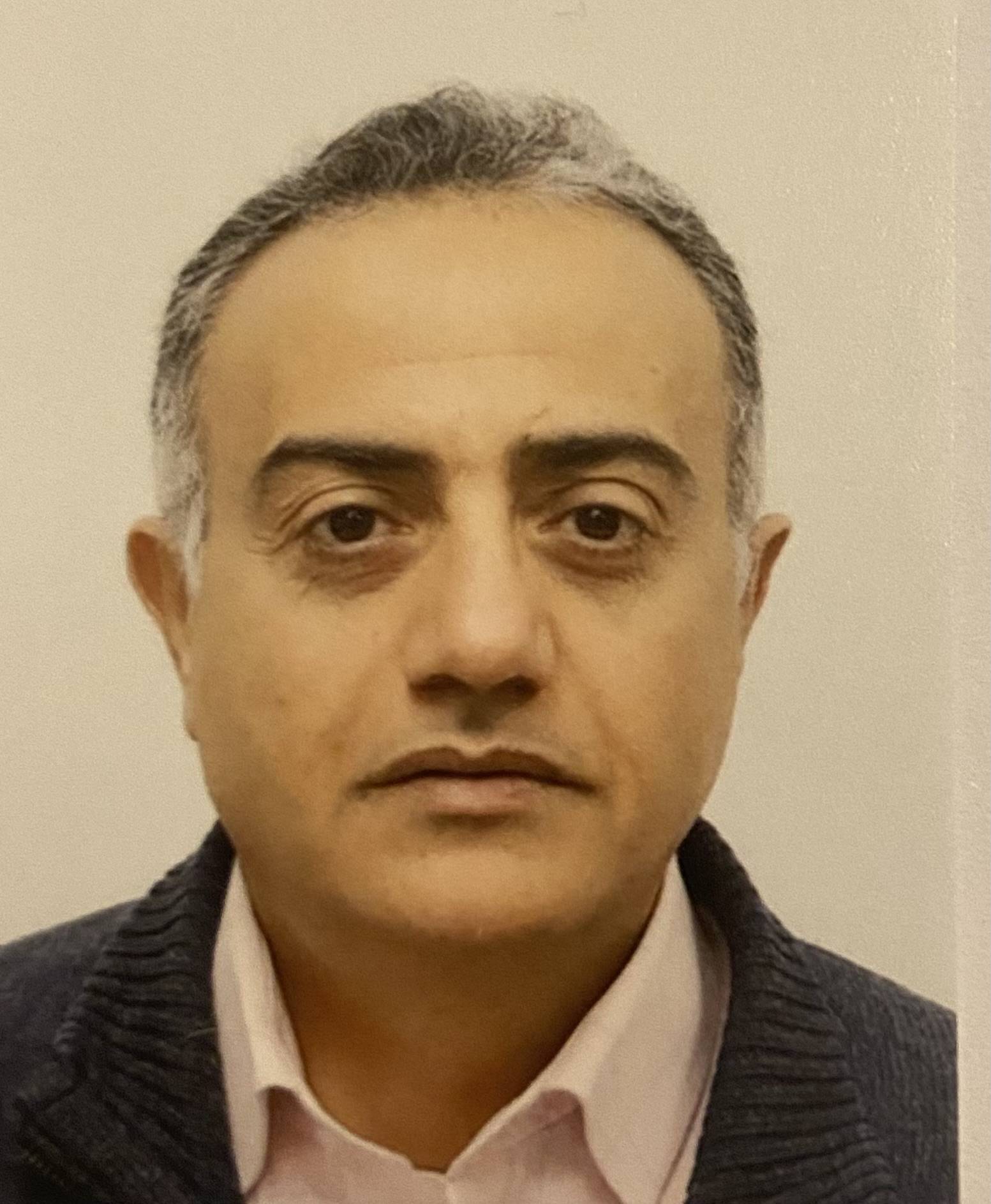Hosni Mubarak told the UK government led by Margaret Thatcher that he was spying on the activities of Libyan leader Muammar Gaddafi and was prepared to share intelligence with Westminster, newly-released British documents reveal. However, Thatcher’s government declined Mubarak’s offer to mediate between London and Gaddafi 34 years ago.
During the 1990s, relations between Libya and the UK deteriorated due to several factors: Gaddafi’s weapons of mass destruction programme; Libya’s alleged support for the Irish Republican Army (IRA) and other groups; and the 1984 killing of British police officer Yvonne Fletcher outside the Libyan Embassy in London.
On 17 May, 1990, during a meeting at 10 Downing Street, the then Egyptian President Mubarak assured Prime Minister Thatcher that Gaddafi’s behaviour was getting better “thanks to his [Mubarak’s] efforts”. He insisted that the UK no longer needed to worry about the Libyan leader, stating that he was handling Gaddafi “very aggressively and keeping him under control”, according to the records of the Thatcher-Mubarak meeting.
However, Thatcher was sceptical.
She was unconvinced that the Libyan leader had changed, and pointed out that Mubarak’s claims were “hard to reconcile with the construction of a chemical weapons plant at Rabta.”
By early March 1990, Western intelligence had reported that Gaddafi’s regime had begun producing chemical agents at the Rabta facility, built with the assistance of companies from Germany, Belgium, France, Italy and Japan. Libya claimed on 14 March, 1990, that a fire had destroyed the plant about 75 miles from Tripoli. However, US and European intelligence agencies suspected that the fire was staged to mislead international observers.
OPINION: The UN has opened up Libya to foreign meddling and foreign fighters
When asked, Mubarak admitted that he was uncertain about the situation at Rabta, but reassured Thatcher that Egypt was spying on the Libyan regime activities related to the production of chemical weapons. Egypt “had a lot of people in Libya now and they would soon find out,” said Mubarak. Nevertheless, Thatcher insisted that Gaddafi “was still capable of doing mad things.”
Mubarak disagreed, arguing that Gaddafi had stopped supporting terrorism, and had expelled Sabri Khalil Al-Banna, known as Abu Nidal, the leader of the Palestinian splinter group the “Revolutionary Council”, aka the Abu Nidal Organisation, which was proscribed as a terror organisation by Western countries. Mubarak also stressed that he was “constantly telling Gaddafi to clean up his image and behave properly,” adding that the Libyan leader wanted to improve relations with the UK. He claimed further that Libya had stopped funding the IRA and that Gaddafi was willing to compensate the family of WPC Fletcher.
 The Egyptian president offered to mediate between Libya and the UK if Thatcher wished to pursue a diplomatic approach. However, she declined, stating that she required “some rather harder evidence that Qaddafi [sic] had really changed his spots.”
The Egyptian president offered to mediate between Libya and the UK if Thatcher wished to pursue a diplomatic approach. However, she declined, stating that she required “some rather harder evidence that Qaddafi [sic] had really changed his spots.”
Before meeting with Thatcher, Mubarak had discussed the same issue with UK Foreign Secretary Douglas Hurd. He emphasised that Gaddafi had been “behaving much better” over the previous year and “needed encouragement” to continue in this direction. According to the meeting records, Mubarak said that Gaddafi was willing to “apologise openly” for Fletcher’s killing and pay compensation. In return, Libya sought the delivery of military equipment or a refund for a cancelled air defence contract.
Mubarak urged Hurd to “encourage” Gaddafi.
The Egyptian leader even offered to “act as an intermediary” if British officials didn’t wish to approach him directly. While Hurd acknowledged that there was no “firm evidence” of Libyan involvement in terrorist activity since early 1988, he maintained that Libya had neither “disbanded its own terrorism infrastructure” nor “completely broken links” with revolutionary or terrorist groups.
The records show clearly that Gaddafi “remains wholly unpredictable,” added Hurd. He expressed particular concern over Libya’s chemical weapons production, reiterating that Western intelligence viewed the Rabta fire as “a fake designed to mislead the Western critics.”
Regarding Libya’s support for the IRA, Hurd noted that, even if weapons shipments had ceased, IRA-related violence was “still causing deaths on the streets of London”. Hurd concluded that Mubarak’s offer of mediation was an “extremely sensitive issue.”
When Mubarak repeated his “animated appeal” for the UK to take gradual steps towards better relations with Libya, Hurd stated that the British government “would consider” the Egyptian president’s perspective.

Additional documents reveal that the British foreign secretary handed his Egyptian counterpart Dr Essmat Abdul Megid a “paper” on Libya. In a separate discussion, Abdul Megid said that Egypt had taken a “very cautious approach” towards Libya and had observed positive changes in Gaddafi’s behaviour. However, he acknowledged that Gaddafi’s “entourage” was the problem. Hurd responded that Britain remained “more sceptical than Egypt” regarding the Libyan leader’s intentions.
READ: British premier says 24,000 migrants removed from UK since Labour took office
The views expressed in this article belong to the author and do not necessarily reflect the editorial policy of Middle East Monitor.


![Libyan leader Col. Muammar Gaddafi addresses at the 64th General Assembly at United Nations Headquarters on September 23, 2009 in New York City [Jeff Zelevansky/Getty Images]](https://i0.wp.com/www.middleeastmonitor.com/wp-content/uploads/2025/01/GettyImages-91063051-scaled-e1736422876874.jpg?fit=1200%2C800&ssl=1)








